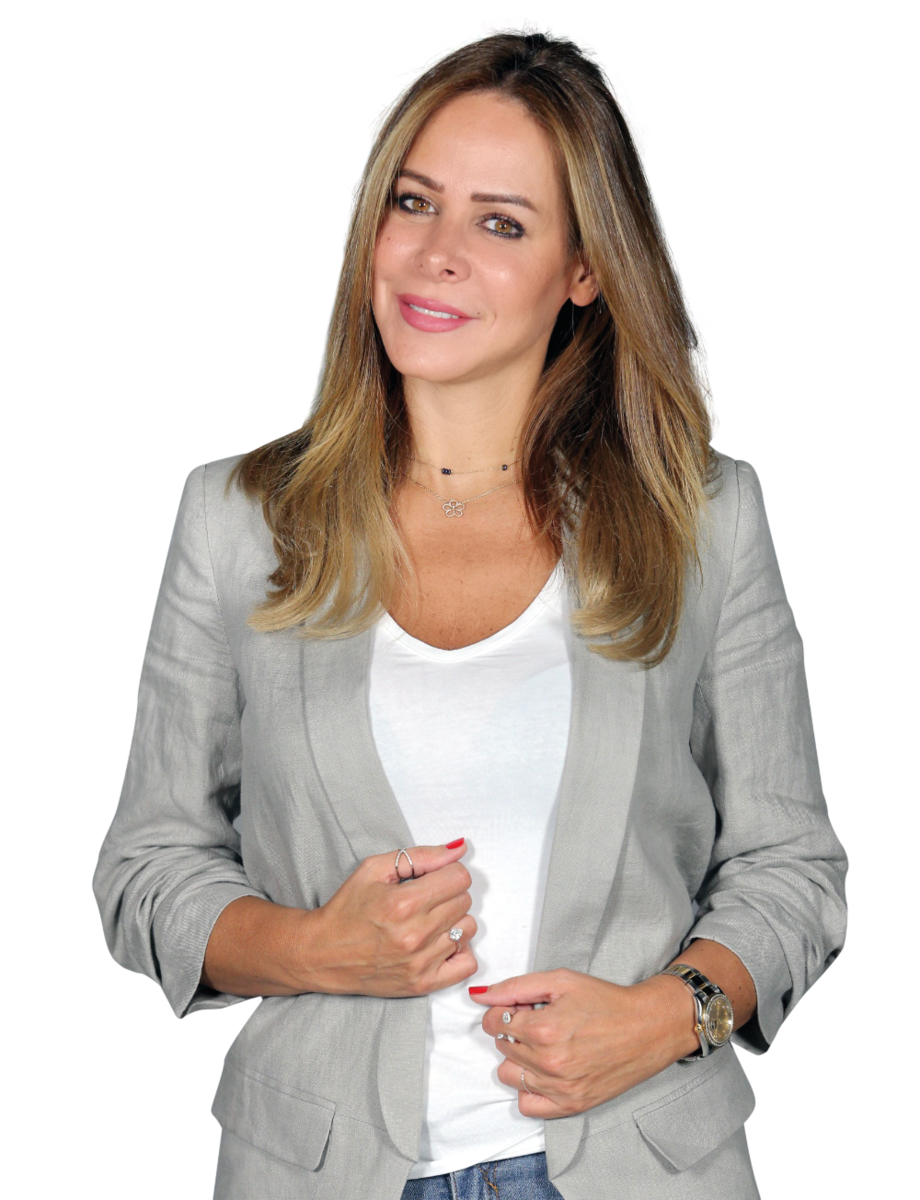
How to have a productive, spiritual Ramadan
Lina Cherry, a globally certified life coach, by the International Coaching Federation, spoke with Arab News recently about the best ways to balance work, spirituality and personal life during the holy month. Cherry is also the regional director of training for the Middle East and Gulf at Coach Masters Academy, an institution with branches in 40 locations around the world. She coaches several clients in Saudi Arabia on finding holistic balance in life.
When she lived in Jeddah for five years, the concept was fairly foreign to locals, but has recently becoming widely embraced, she said.
 A healthy work and personal life balance is based on defining wants and needs.
A healthy work and personal life balance is based on defining wants and needs.
Explaining life coaching, Cherry said that it is based on positive psychology and takes a scientific approach. “It’s the process of triggering the brain to create something that is possible and positive. While psychologists or therapists focus on addressing the past, coaches generally counsel clients regarding career, personal and relationship challenges for a better future. When you focus on the past, you want to fix something, when you focus on the present and the future, you want to create something,” Cherry said.
A healthy work and personal life balance is based on defining wants and needs. Statistics show that seven out of 10 people struggle to balance their jobs and personal goals, Cherry said, and 90 percent of elderly people regret spending most of their lives working rather than nourishing relationships.
“It’s all about balance, exactly like we breathe. Today, how many balls am I juggling? Which balls are made of glass? Which ones are made of rubber? You don’t want to struggle to juggle,” Cherry said.
 Lina Cherry, Certified life coach
Lina Cherry, Certified life coach
She advises her clients to create awareness around each task to determine what is urgent, important or neither.
During such a challenging period as Ramadan, individuals are more likely to point the finger at themselves for low productivity, and perhaps forget that this is a month centered on spiritual connectivity and growth, Cherry said.
“During this month we really want to finish everything. We have already been overwhelmed or physically and mentally tired because the routine has changed. So it’s very important, first of all, to plan your day ahead and prioritize your tasks so you keep your momentum going.”
Keeping tasks in line creates a clearer vision for what is ahead. It is key to also minimize subtasks. For example, instead of an in-person meeting, opt to have it online to diminish time and effort spent on transportation. This way, you can also get to your next task quicker, she said.
Cherry suggests doing the bulk of one’s work for the day in the morning, while the brain is still fresh and energized. But as the enthusiasm starts to wear off, there are simple ways to boost energy throughout the day.
Take a few short breaks during the workday to reset between tasks. Increasing prayer during this month not only aligns with the spiritual side of Ramadan, but also increases positive energy. Meditation is also a great stress-buster, and a way to rewire the brain to think positively and set goals, she said.
“Breathing techniques are also very important. It can help get more oxygen into your thinking brain and when you do that, you are activating the parasympathetic nervous system, which in parallel helps the employee or person to reduce stress and relax,” Cherry said.
Light exercises like a short walk or a few jumping jacks can lift energy levels and momentum.
She urged people to declutter their minds from everything that does not serve them this month. Knowing that many tasks have to be completed, whether they are hours or days ahead, can be overwhelming. She said it is essential to practice mindfulness, which is a technique that involves focusing on the present moment, reducing stress and improving focus. “Stay with what’s familiar to you.”
People should not commit to new projects this month because so much energy and time are used to navigate new tasks. There should be a constant awareness that Ramadan is merely a month, and the priority is to engage spiritually, not professionally, she said.
In addition, to create healthy personal boundaries, all unnecessary activities and distractions should be eliminated including TV, social media, non-urgent calls or meetings. People should also avoid blue lights and screens. Spending copious amounts of time on phones can diminish serotonin levels and increase stress hormones, she said.
When the workday is done, then it is time to unwind and unplug, to reset and relax.
Cherry said people should be kind to themselves by defining what they are capable of at work. What is the state of one’s mental health? How is one’s body reacting to lack of sustenance?
For those working with non-Muslims or in a foreign country, they should communicate their experiences with their colleagues. They should create awareness around their state and how much progress they can expect.
Avoiding overcommitting is a tough but necessary action. Prioritizing can come with a lot of guilt, but recognizing human capability can be a fruitful process, possibly even achieving greater productivity, Cherry said.
“You need to be kind to yourself with zero self-condemnation … You need to be patient, flexible, and supportive with yourself and with people around you, in your community, at work with your employees and coworkers.
“Don’t punish yourself … We’re (fasting) for a beautiful reason. So why throw away these beautiful incentives for things you can park for a month?”
Finally, people should not be afraid to push the pause button.
Cherry said: “I need to set healthy boundaries during this month between me, myself, and the world around me. Who am I inviting into my life during the month? Know who you want to connect with. Sometimes people drain you.”
Changes in routine and mood are inevitable during Ramadan, so it is important to acknowledge space is required not denial of the stresses.
“This month, let us park our wants aside and focus on our needs … I don't want to ignore my red flags. I want to listen to my body,” she said.










